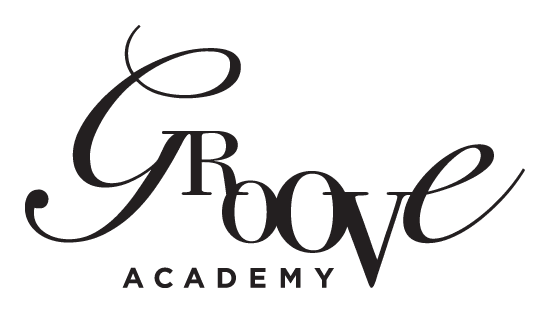Adult Music Lessons “Am I too old to learn”? Many adults may think to themselves, “I’ve always wanted to play the piano-but am I too old to learn?” The answer to that….. absolutely not! Anyone with an interest in music and the dedication, can learn. I personally think it is wonderful for adults to...
Adult Music LessonsMusic LessonsAdult Music Lessons – “Am I Too Old To Learn”?
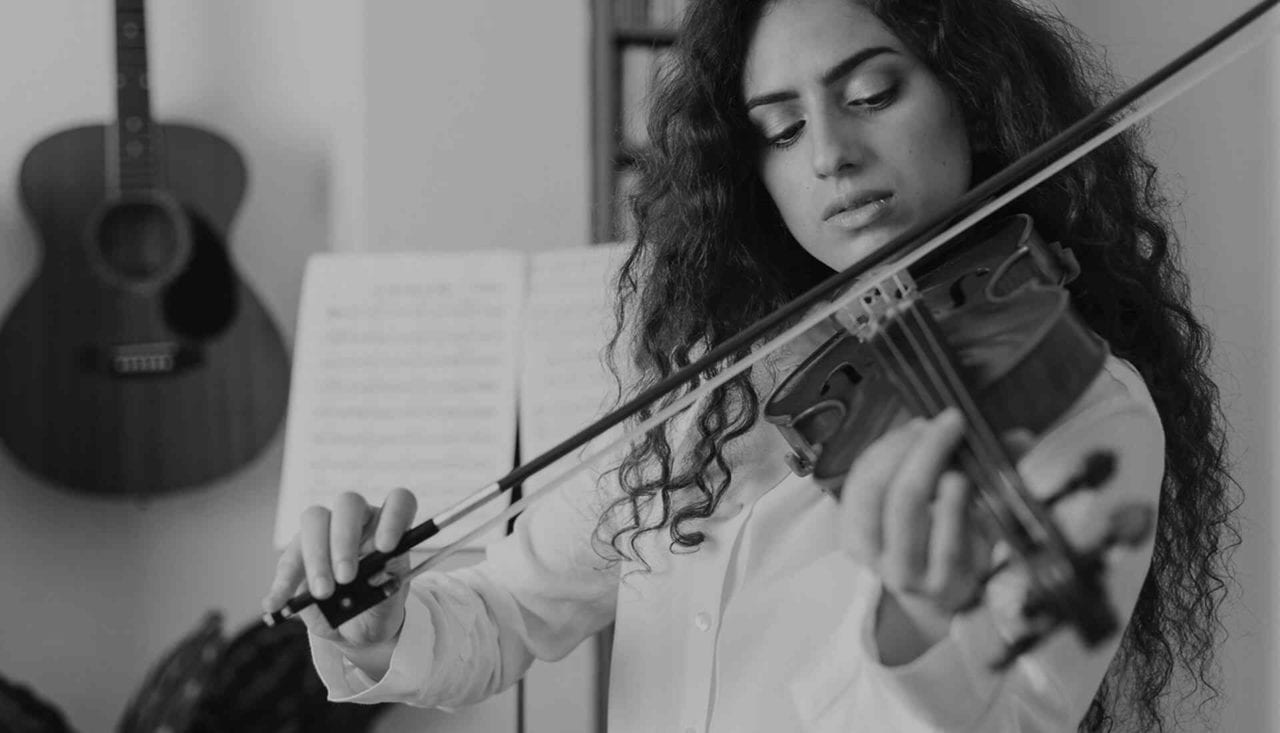
Adult Music Lessons
“Am I too old to learn”?
Many adults may think to themselves, “I’ve always wanted to play the piano-but am I too old to learn?”
The answer to that….. absolutely not!
Anyone with an interest in music and the dedication, can learn. I personally think it is wonderful for adults to want to play an instrument or sing, and take the time for themselves to learn something new. Many adults whose children are grown up, or have retired, and are looking to pursue something that they have always wanted to do, but have not had the time, have had great success in learning a new instrument. Now is the time!
There are certainly benefits to being an adult and learning music. Chances are you have more focus and discipline than when you were five (or maybe not!:). I find that learning to read music is somewhat easier in adults than in children. Your feet reach the floor and you certainly do not need to “grow into” an instrument as an adult. You have a distinct idea of what you would like to learn or what type of music you are interested in, as you know you have accumulated a list of favorite songs or styles of music.
Finding an instrument:
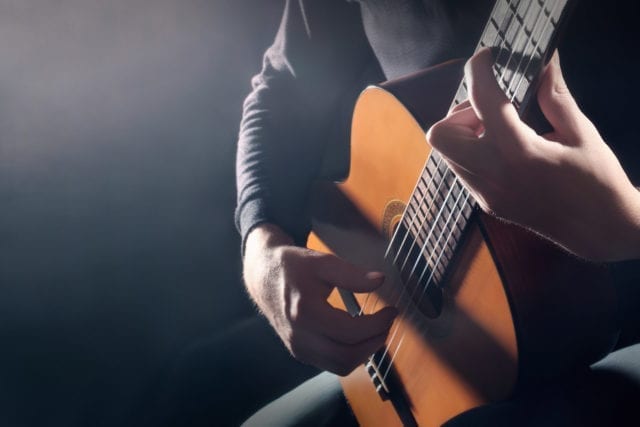
Some adults have always dreamed of playing the piano. Others see themselves playing guitar riffs they have always admired. Some want to express themselves vocally. If you are interested in music classes but are not sure what you would like to learn, look for a program that offers a rotation where you can try different instruments to see which you prefer.
If you are interested in singing, that is the simplest and most cost-effective instrument! You always have your voice with you! If you are interested in piano, violin or guitar lessons, you will need to either purchase, borrow or rent an instrument to practice on. The simplest option may be renting. Many music stores offer monthly rental options or even “rent to own” options, where you can finance your instrument over a certain period of time. Stores will offer insurance and protection plans. If an accident does happen, the store will offer free repair with the rental in most cases.
Buying A Used Instrument:
You can certainly browse eBay or Kijiji for an instrument, but you do need to be careful when purchasing a used instrument. Sellers are not always honest about the exact condition of their instrument, (or what is not included), and some may come with problems that need repair anyway. Other people I know have gotten really lucky, and there are those people who have a decent quality instrument and just need it out of their home. I certainly would not go and purchase a brand new real piano if I was just starting lessons. Rent a good quality keyboard with weighted keys to start with. You do not need fancy sounds either. Expensive keyboards often come with multiple sounds and other functions that may not be necessary.
Types of music lessons:
I know there are a lot of apps out there to help you learn to play piano or guitar from scratch, but I cannot stress the value of having an actual person sit with you and be able to correct you and offer guidance. The last thing you want to do is form bad habits and unfortunately, none of the apps can provide that kind of valuable feedback, or answer your questions in real time. Good habits like hand position need to be corrected right away, from the beginning to form good habits.
Shop around to the registered music schools. Ask about their staff and the experience the staff has in their teaching. You may be able to book a free “trial lesson” or “meet and greet” in which you can discuss your goals with the instructor. You need to feel comfortable wherever you end up taking lessons. As adults, we may tend to feel a lot more insecure than children, so comfort in your lessons is very important. Goals are important as well. What do you want to learn? Are you playing strictly for fun, or would you like to be able to perform in a recital or perform with friends at a club on the weekend? All of these things are important for the instructor to know so they’re guiding you along the right path.
Finding the right music instructor:
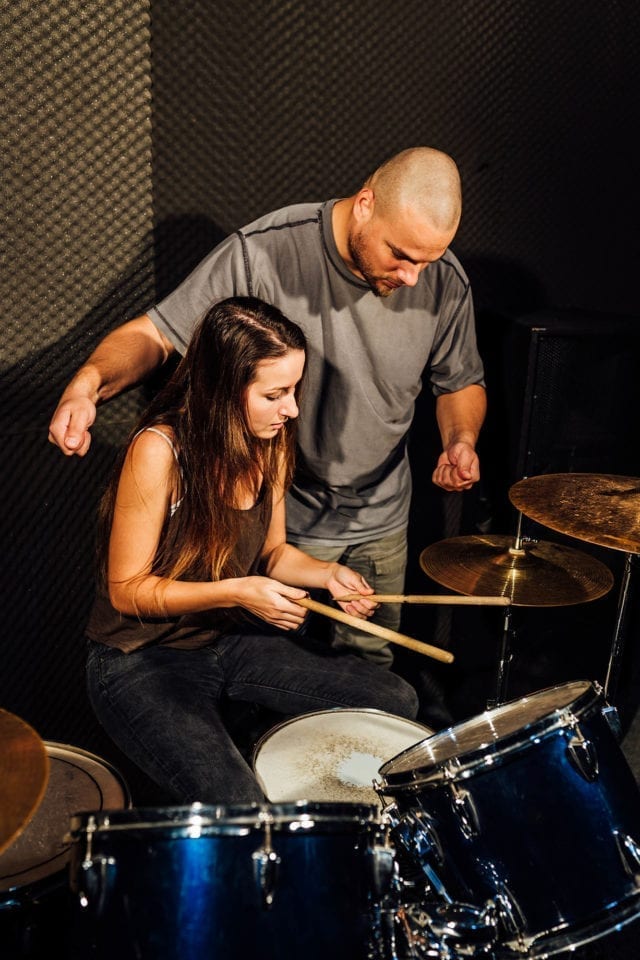
You will find many individuals online offering music lessons out of their home, and offer with less expensive rates or commitments. Be careful though, about the teacher’s credentials. How long have they been teaching? What performance experience do they have? What ages have they worked with? Do they offer recital or performance opportunities? Do not be afraid to ask questions if you decide to go this route.
With the pandemic situation, online lessons through zoom or another such platform have become quite popular, and they do have value if you prefer that. However, I do think it is easier at first to start your lessons in person. It is easier and faster for the teacher to correct things, and easier for the teacher to demonstrate to you as well.
Starting your classes:
Hopefully, you are excited to start playing your instrument. You might be feeling apprehensive or slightly nervous in your first class. Don’t worry-it is the instructor’s job to try and make you feel comfortable and confident.
What you need most is patience with yourself: Some adults get frustrated with themselves for not being able to do something correctly or perfect the first time. Don’t worry, take your time, persevere, and you will catch on. Do not hesitate to ask your instructor to demonstrate something to you, or ask any questions you may have.
Practicing at home:
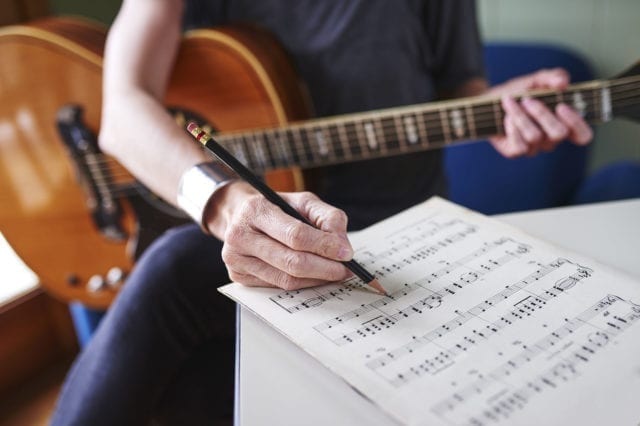
We all get on our children to practice at home. However, home practice is definitely something that is not easy for most adults to maintain: Kids, work, busy schedules, house chores, grocery shopping, etc. all make the idea of practice some days especially difficult. Keep your expectations realistic and try to have a practice schedule set for yourself. Try and practice at the same time each day. After supper may be a good time, or if you have children, once they have gone to bed. Don’t focus on the amount of minutes you are practicing-quality practicing is more important. Example: Aim to play your exercises three times per day. If more time allows, go up gradually from there. Go over parts in your music slowly that are giving you difficulty.
Don’t just practice what you are already good at!
In Conclusion:
There are many examples of adults taking classes and enjoying them hugely. In my own experience, we have one lady in her seventies that is playing her favorite John Denver songs on the guitar, and we have several adult singers enjoying their favorite songs with their instructors. Another adult guitarist comes at the same time as his sons and they all have lessons at the same time. There is a gentleman in his sixties who takes drum lessons twice per week to improve his technique. Another lady in her thirties is playing both piano and violin in her classes. We have had several mom drummers rock it out at our past recitals. There is no stopping our adult students!
The value of music is huge! Music is therapeutic when you are under stress. It will boost your self esteem, stimulate you both mentally and physically, and is a great way to work on your patience and perseverance. It is also a wonderful example for your children. You are never too old to learn something new. Make it a goal to learn Beethoven’s “Fur Elise”, the “Stairway to Heaven” guitar solo, or that pop song you have always wanted to sing. Get out there and achieve your dreams!
